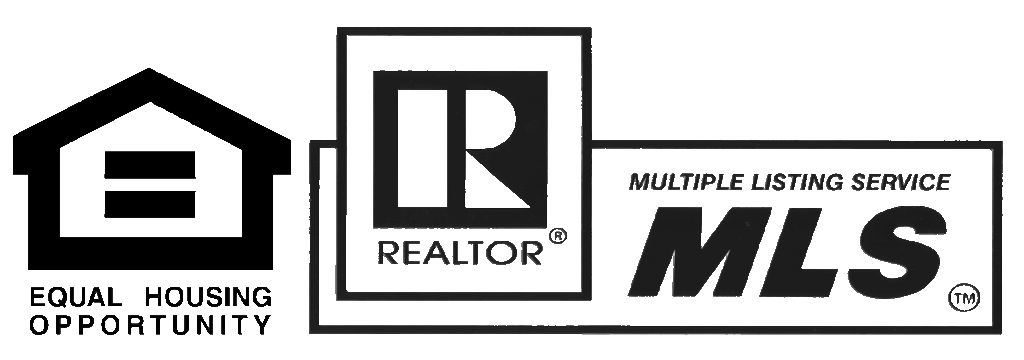Because of the crash of the housing bubble and the economic slump, many Americans find themselves with a home that costs way less than what they paid for. It’s worse for families who are troubled financially on top of this. Foreclosure seems to be the most logical option. Let’s discuss details and other options.
During the housing bubble, many people were compelled to join the bandwagon and purchased a house. But now they find that their houses are worth far less than what they paid for. There are many reasons why this happened. During the bubble, constructions companies built massive housing projects and a lot of them stayed vacant. Neighborhoods stayed empty. Some neighborhoods that were populated evetually became empty as homeowners turne/d to sub-prime mortgages, causing the entire neighborhood to fall in value. Houses in neighborhoods like this are hard to sell even at low rates. They are even hard to put up for rent.
On top of the crash of the housing bubble, a lot of Americans find themselves out of work or they have reduced work hours. Both cause families to lose part of their income. This makes bills harder to pay.
At that time, buying a house with low interest rates was so appealing. Despite their financial capacity, many American families turned to lenders to purchase a home. But now keeping a job has become tough and paying for mortgage has become such a challenge. The value of the house has depreciated so much that even if you sell the house, it won’t be enough to pay for the mortgage.
The first thing that people think about when faced with a situation like this is foreclosure. However, you must first think hard about it because they come with consequences. Having a record of foreclosure will give you a negative credit rating. and it will stay that way for years. When you need to apply for a loan, you might not be approved because of it. Even renting a house might be difficult if the landowner requires a credit report. Credit options is expected to be lower and there can be tax implications. If payment for mortgage has been continuously late, the homeowner may already feel the consequences mentioned above.
One of the advantage of being foreclosed is that you can continue living in the house without having to pay for rent. Depending on your state, it could be a year or longer. You can also talk to the bank to ask for new terms. Especially if the property is in a difficult market. Be careful and be sure to know what you’re getting yourself into. There are some lenders who foreclosed homes illegally.
If you’re not quite sure about foreclosure, you can also consider a short sale. A short sale is an agreement with the bank that they can sell the house at an amount much less than what was borrowed. Through this, the homeowner can get off the hook with minimal costs or be given terms that are easier financially. However, going into a short sale can also put you in a bad light in terms of your credit score.
Usually, families who are facing this difficult situation are advised to find a more affordable housing set-up; like living with relatives or having the house rented. But keep in mind that having your place rented can present problems of its own. You might find yourself with troublesome tenants that might lead you to more costs on repairs.
If you are convinced that having your house rented out is the best option for you, research on what you need to know before putting up that sign. You need to first establish if your house can be rented out. Some homeowner associations do not allow rental. There could also be restrictions you should be aware of. Like in many college towns for example, laws have been passed to prohibit no more than two non-related adults to live in one single-family house.
The best thing to do is to seek legal advice from a lawyer. Each homeowner’s situation is unique. And different conditions apply so there is no one-fit solution to the problem. Just be open to various options and seek professional help so you can make informed decisions.



